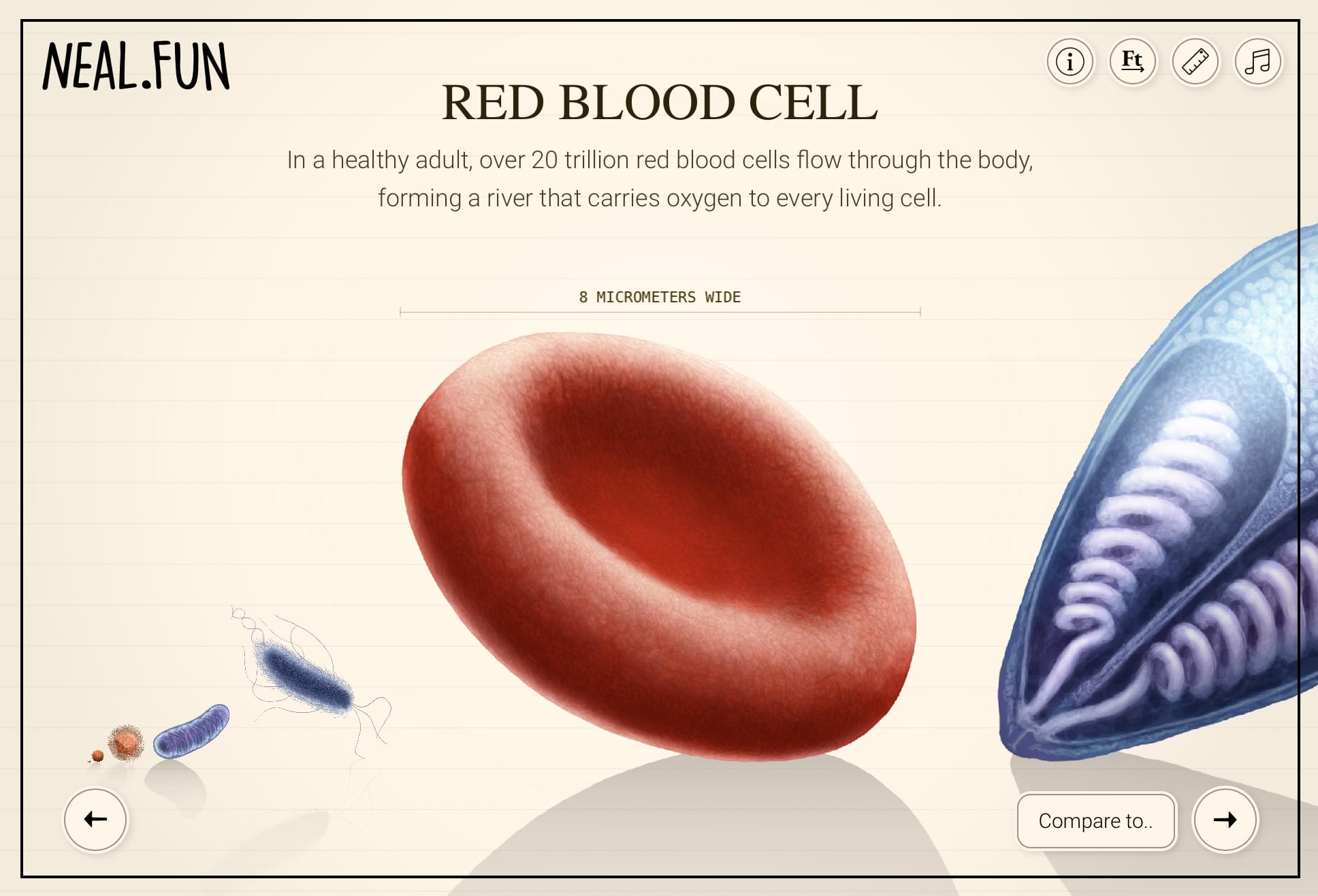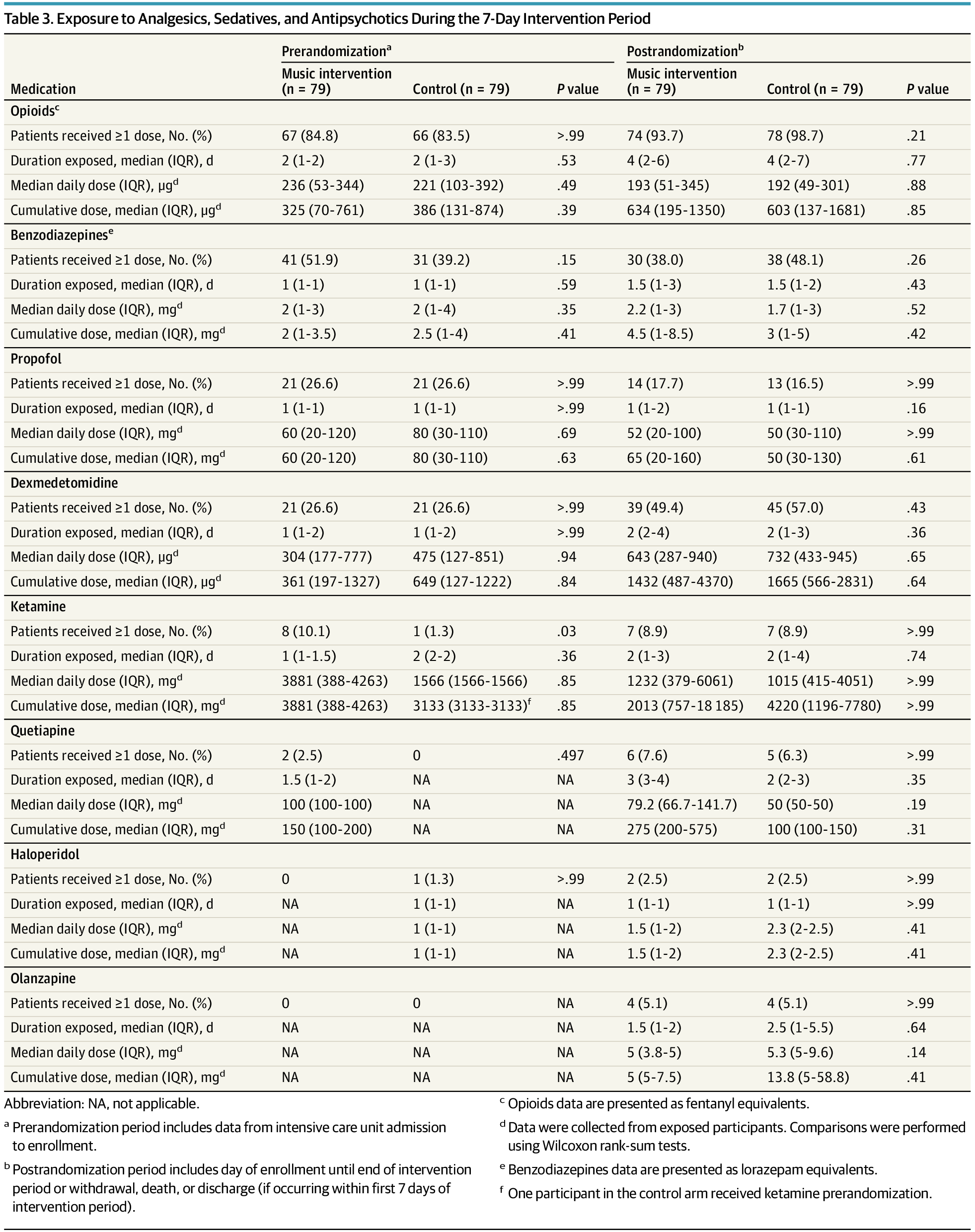NOTE: Some folks have mentioned my pronunciation of Gödel is wrong, I do apologize for that.
Any author mulling artificial intelligence as a story element owes it to themselves to encounter this spellbinding, one-of-a-kind book. You also deserve to sit down with it if you’re curious about any number of other SF&F-adjacent topics: mathematics, pattern recognition, the definition of consciousness, the concepts of recursion (finite and infinite)… but most of all, the way profundity can be made to look like pure play.
“Gödel, Escher, Bach” at Amazon.com: https://www.amazon.com/dp/0465026567?tag=lifeboatfound-20
Opening music: “Crystal City” by Karl Casey @ White Bat Audio.
Opening background: “XANNN” @ https://vimeo.com/165286507 (Creative Commons)
My SF&F writing: https://www.infinimata.com/writing/
My blog: https://www.infinimata.com/b/
Buy me something interesting: https://www.amazon.com/hz/wishlist/ls/ZCWCKOKV6N9O?tag=lifeboatfound-20
Buy me coffee, keep me going: https://ko-fi.com/infinimata


